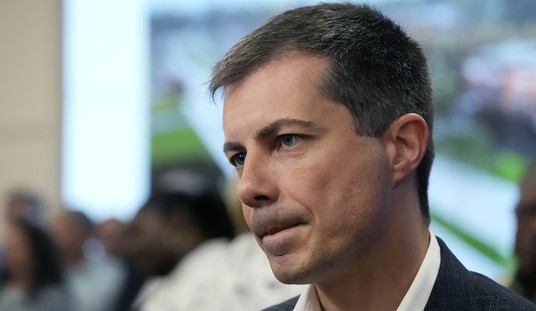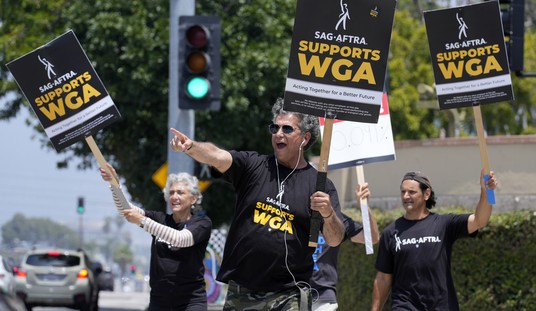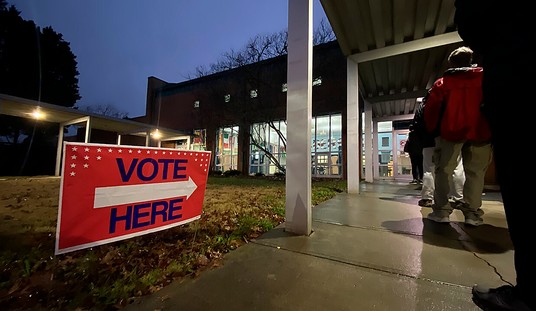The continuing fight over North Carolina’s Public Facilities Private and Security Act has gone federal.
The Obama administration has leveled the threat of pulling federal funds from the state if they feel the law is actually discriminatory to the LGBT community. While many question if it is a threat the administration would actually carry through with, it puts added pressure on Governor Pat McCrory to reconsider the new law.
The funds pulled would have consequences for the state’s schools, highways, and housing programs.
For his part, Governor McCrory has insisted that the new law does not run afoul of federal law and stands by it, calling the outcries of liberal leaders, such as New York Governor Andrew Cuomo’s ban on travel to North Carolina “demagoguery” and “political theater.”
McCrory, in a story from the Washington Examiner:
“Is the type of democracy we’re going to have where you go to Cuba and then you tell citizens not to come to North Carolina?” McCrory asked. “First of all, a lot of New Yorkers already moved to North Carolina, have made North Carolina their permanent home. I’m sorry, Gov. Cuomo, but that’s a fact. Maybe it’s because we believe in just common-sense privacy laws, and by the way we also are against any types of discrimination, but that doesn’t mean we overturn basic common-sense expectations of privacy that men and women and children expect when they go to a locker room or a restroom or a shower facility. This is ridiculous.”
This would seem to be a lot of pressure to put on a state government and that state’s people, in favor of what amounts to 0.3% of the population, especially when considering that the law only limits the ability of cities to unilaterally decide bathroom gender policy for the entire city, and allows private businesses to set their own policy. Most of those states that have been threatened with such actions choose to fold, rather than run the risk. It does become a question, however, of how far the Obama administration is willing to go and if they would actually punish an entire state to push an ideology.
From the New York Times:
Any decision on federal aid would take time, experts said. Federal agencies have used the threat of lost money to pressure a handful of municipal governments in California and Illinois to change their policies and allow transgender students to use the restrooms of the gender they identify with. There is no recent precedent for the federal government’s applying similar pressure to address a state law that it sees as discriminatory.
A recent lawsuit against Governor McCrory, the University of North Carolina system, and the offices of state Attorney General Roy Cooper seeks to overturn the law. The suit was brought by two transgenders, a lesbian law professor, and several civil rights groups.
Cooper, McCrory’s Democrat challenger for the governorship, opposes the law but was named as a defendant because it is his job to defend against such lawsuits. He has refused to take part. Because of this refusal, the Liberty Counsel, a Christian legal group, has stepped forward and offered to defend the law free of charge.
“The Attorney General’s unjustified refusal is a disturbing commentary on modern legal ethics. He is clearly putting his political ambitions above the law,” said Mat Staver, founder and chairman of Liberty Counsel.
For now, this is an ongoing conflict and one where there is likely to be no soft landing.
One note of interest is that within the bill, state lawmakers slipped other provisions, such as limiting the ability of North Carolina cities to set minimum wage standards that are outside of those already in place, federally. Governor McCrory did say he felt some of the provisions could have waited for another time, and did not require a special session. Because they were included in the bathroom bill, however, he did sign off on them, rather than reject the bill as written.













Join the conversation as a VIP Member